Academic Supervisors
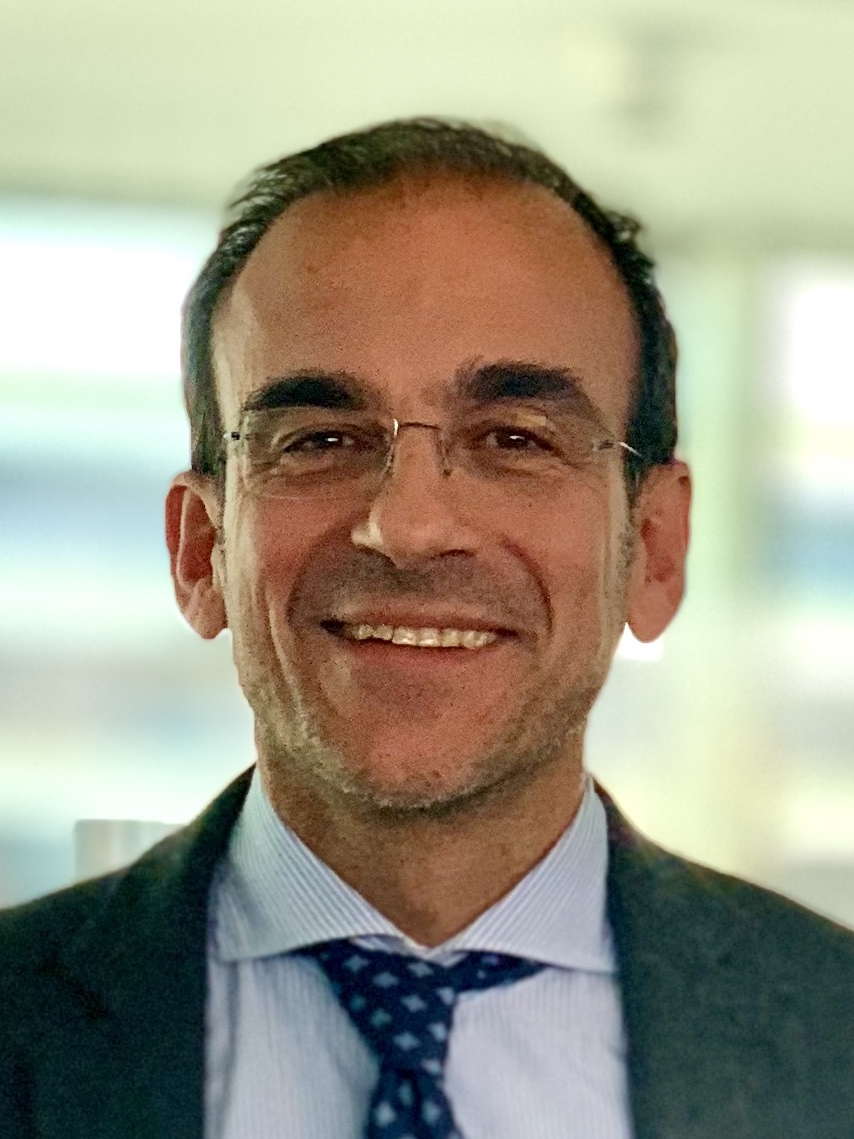
Mario Guagliano is Full Professor in Machine Design.
MSc in Mechanical Engineering at Politecnico di Milano (1988), Assistant Professor (1991-2001) and Associate Professor (2001-2016) at the Dept. Mechanical Engineering, Politecnico di Milano.
Responsible of several contractual researches with private and public enterprises and of research projects funded by regional and national public organizations, coordinator of researches programs of national interest (PRIN) and of projects funded by the European Commission (FP7). Expert of the Court in civil and penal disputations.
He is member of the Board of Directors of the EASN (European Aeronautic Science Network), member of the International Scientific Committee on Shot Peening and of the Danubia Adria Symposium.
Member of the Editorial Board of the journals Surface and Coatings Technology, Journal of Structural Integrity, Journal of Multiscale Modelling, Journal Structural Damage and Modelling Health Monitoring and referee of many international Scientific journals Scientific Director of the technical magazine il Progettista Industriale.
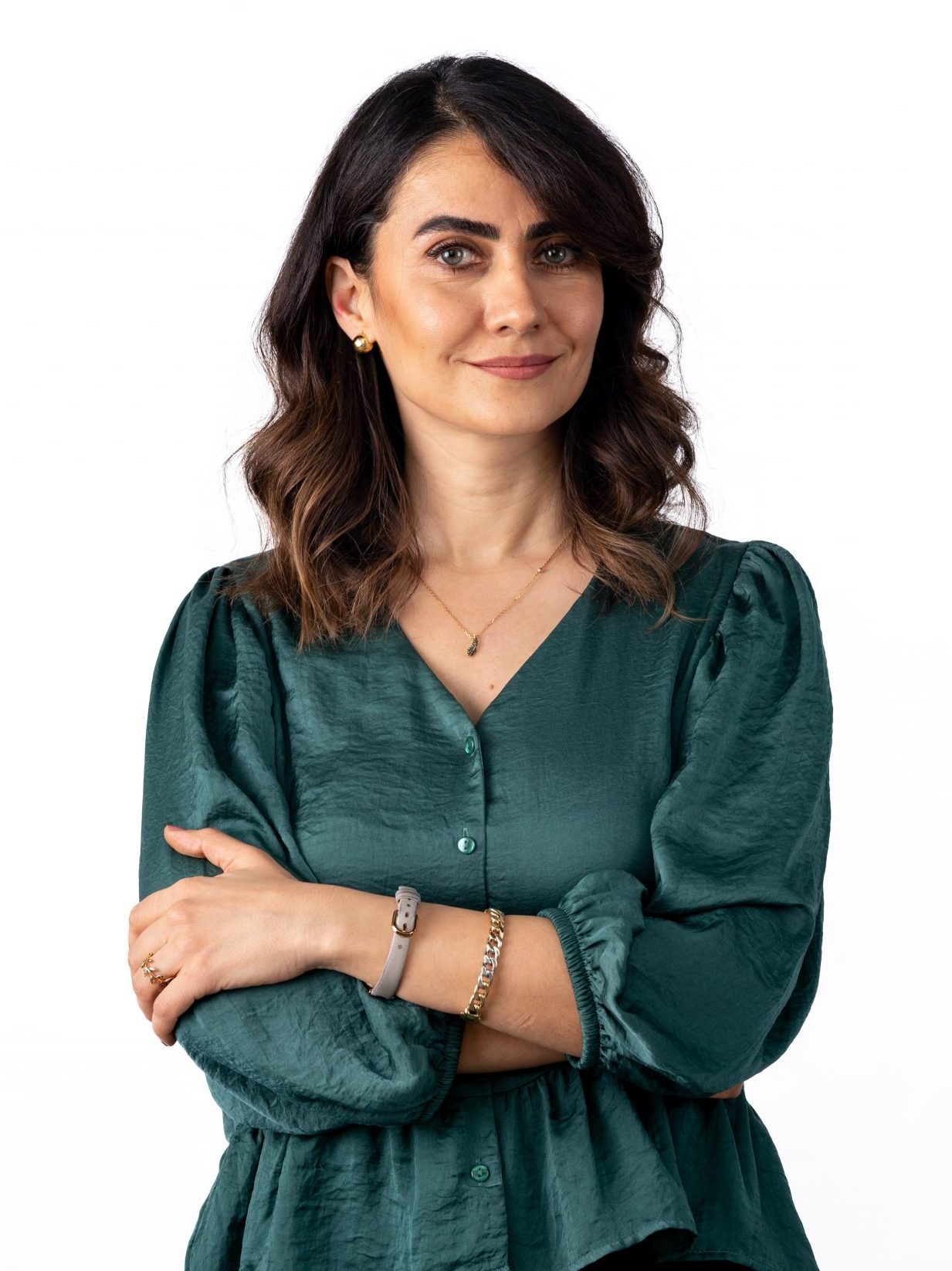
Sara Bagherifard is Associate Professor at the Department of Mechanical Engineering of Politecnico di Milano, Italy. She held multiple Research Associate, Postdoctoral Fellow and Adjunct positions at University of Cambridge (UK), MIT (US), Harvard-MIT Division of Health Sciences and Technology (US) and Norwegian University of Science and Technology (NTNU). She became Assistant Professor in 2017, and Associate Professor in 2022.
Prof. Bagherifard has received ERC-Consolidator grant (2021) and has been the PI or co-PI of multiple European, National and industrial projects. She has received various awards including ASTM International Additive Manufacturing Young Professional Award (2021), Best Talk Award from European Conference on Structural Integrity of Additively Manufactured Materials (2019), Electrolux Corporate award from Switch2Product Innovation Challenge program (2019), Young Scientist Lecture Gold Prize from 10th International Conference on Surfaces, Coatings and Nanostructured Materials (2015), Polimi International Fellowship (PIF) (2014), Roberto Rocca Italy-MIT post-doctoral fellowship, International Schlumberger Fellowship Faculty for The Future (2011 and 2012), Best Presentation award from 14th International Seminar of Ph.D. Students (2009) and Young Researcher’s Award from 20th National IGF conference (2009).
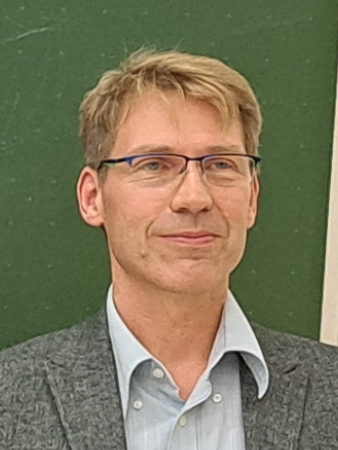
University: University of Stuttgart
Research Topics:
Cosmic Dust – Interplanetary, interstellar, planetary dust
In-situ measurement of micrometeoroids in the solar system
Micrometeoroid detector technology, TOF mass spectrometry, high-speed impact studies
Projects (selection): Cassini Cosmic Dust Analyser (Saturn, NASA-ESA), LADEE-LDEX (Moon, NASA), Bepi Colombo (Mercury, ESA), ISPE team (Stardust, NASA), EuroPlaNet
Email: srama@irs.uni-stuttgart.de
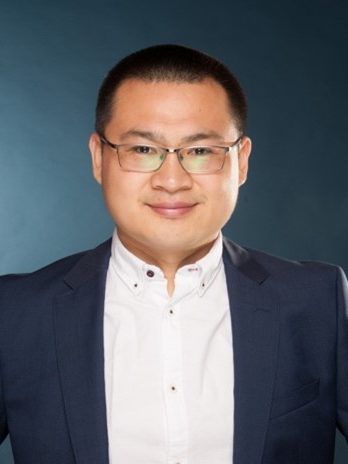
Dr. Yanwei Li obtained his PhD degree from the University of Stuttgart in Germany. Since then, he has been working as post-doctoral researcher and senior research scientist at the Institute of Space Systems at the University of Stuttgart. Dr. Li’s research encompasses space weather analysis, equipment development, and microparticle characterization, with a specialization in high voltage accelerators, electrostatic charging processes, charged particle optics, in-situ analysis, impact physics etc. As a PI or Co-PI, Dr. Li was awarded research grants from European Space Agency (ESA) in 2016, 2020, 2021, and 2023, from German Research Foundation in 2018 as well as from National Natural Science Foundation of China in 2018. Dr. Li has extensive experience and profound knowledge in design and optimization electrostatic accelerator facilities. He led the development and testing of a 3.5 MV dust accelerator at the Harbin Institute of Technology (HIT) in China. Additionally, he has also been responsible for the upgrading of a 2 MV dust accelerator and a 120 kV LINAC dust accelerator at the University of Stuttgart.
Email: li@irs.uni-stuttgart.de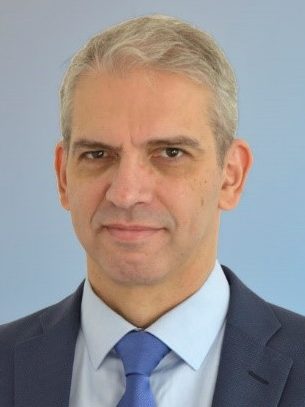
Nikolaos Papakostas is an Associate Professor and the Research Director of the Laboratory for Advanced Manufacturing Simulation and Robotics in the School of Mechanical and Materials Engineering at University College Dublin. His research areas include Robotics, Digital Manufacturing, Optimization of Manufacturing Systems and Networks. He has cooperated with many leading companies in Ireland and Europe mainly from the bioprocessing, automotive and aerospace industrial sectors as well as with top machine tool manufacturers and software firms. He has coordinated a significant number of European and national research projects targeting the introduction of novel digital technologies in modern manufacturing environments. He has authored more than 100 scientific papers. He has been the IT Manager of a big manufacturing company for several years. He is an associate member of the International Academy for Production Engineering (CIRP).
Email: nikolaos.papakostas@ucd.ie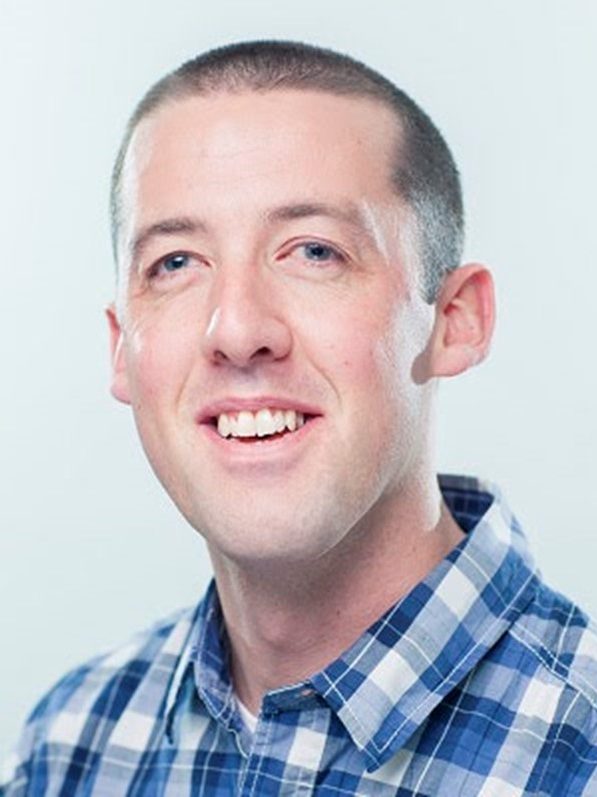
University: University College Dublin
I am an Associate Professor at the School of Electrical and Electronic Engineering at University College Dublin (UCD). I completed my Bachelor of (Electronic) Engineering at UCD in 2002. I also completed my PhD in biosignal processing at the same institute, in 2006, on the topic of at-home sleep staging. I spent 10 years at the University of New South Wales in Sydney, including five years as an ARC Future Fellow, before returning to UCD in 2018 to lead a Science Foundation Ireland President of Ireland Future Research Leaders Award project on the topic of tactile sensing. I am also a co-founder of the tactile sensor company Contactile: www.contactile.com
I have an interest in the use of signal processing and pattern recognition techniques, combined with novel sensing hardware solutions, in order to bring longitudinal health monitoring into the home. In particular, I have extensive experience monitoring human movement using wearable sensors, and in the robust measurement of physiological signals (ECG, BP & PPG) in unsupervised environments. I also have a research stream on the topic of tactile sensing, spanning from the study of human tactile physiology, through to the development of friction-sensing tactile sensors for robotic grippers. More recently, our group has been interested in the use of deep neural networks for medical image segmentation, and for use with reinforcement learning to enable autonomous dexterous robotic manipulation.
Email: stephen.redmond@ucd.ie

I started working as Assistant Professor in Trinity College Dublin in 2012 and developed my own group. In 2013 I became Marie Curie Fellow (CIG scheme), and in 2014 I was awarded of a key grant from the European Space Agency (Technology Research Programme – TRP). As an independent PI, I am now a funded investigator in AMBER (the national research centre for advanced materials and bioengineering) and I-Form (the national centre for Advanced Manufacturing). I am now an Associate Member of the international academy of production engineering (CIRP). In summary, I am an emerging leader in Additive Manufacturing with established collaborations in Europe (Ireland, UK, Czech Republic, Germany, Italy, France) and the rest of the World (China, US, Canada). In recognition to my research career, I was elected Fellow of Trinity College Dublin (FTCD) in 2019 and nominated Fellow of the Institute of Materials, Minerals & Mining (FIMMM) in 2022. According to the October 2023 data-update for “Updated science-wide author databases of standardized citation indicators” led by Stanford University and published by Elsevier, I rank within the top 2% scientists internationally.
Email: lupoir@tcd.ie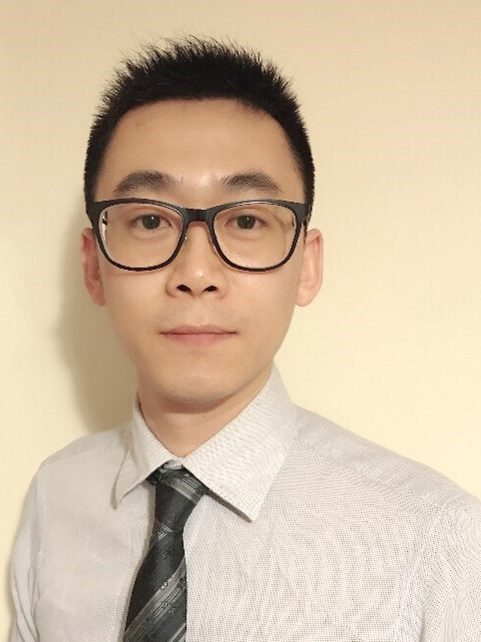
Dr. Shuo Yin is an Assistant Professor and Principal Investigator in the Department of Mechanical, Manufacturing, and Biomedical Engineering since 2019. Dr. Yin’s research encompasses equipment design and manufacturing, microstructure characterization, process in-situ visualization, numerical modeling (CFD and FEA), and mechanical and biomedical properties. His track record includes securing research funding as a PI or Co-PI from European Innovation Council (EIC), Marie Curie Actions (MSCA), Science Foundation Ireland (SFI), Irish Research Council (IRC), Enterprise Ireland (EI), IntertradeIreland, and industrial partners. Dr. Yin has received awards such as the IRC Government of Ireland Postdoctoral Research Fellowship (GOIPD), SFI Frontiers for the Future Project, Trinity Accelerated Advancement Award, and Trinity Research Boost Award. Dr. Yin holds the position of editorial board member for the Journal of Manufacturing and Materials Processing, Chinese Journal of Mechanical Engineering, and serves as the co-chair of the 2023 Cold Spray Club meeting and session chair of the 2023 International Conference on Welding and Joining.
Email: yins@tcd.ie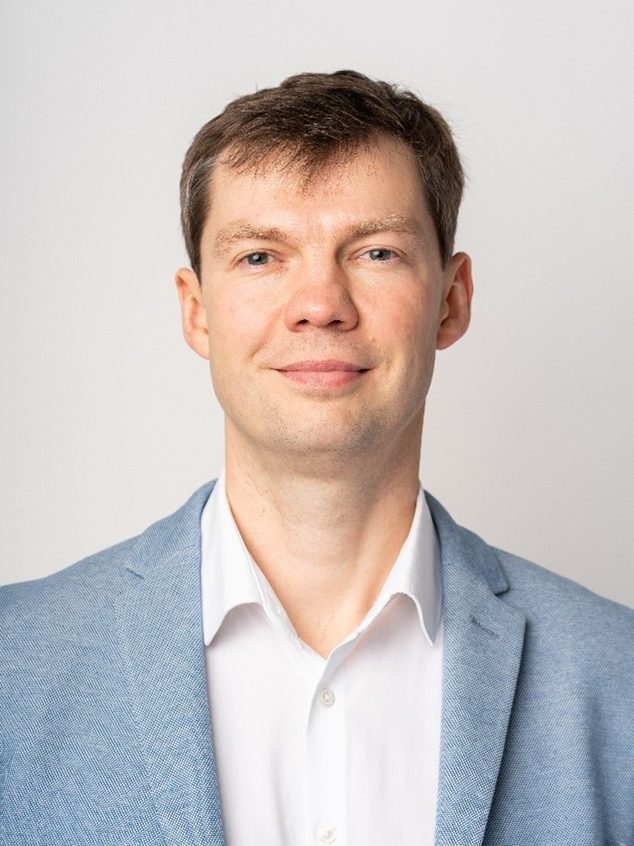
Dr. Paulius Gečys is the Head of the Laser Micro-processing Technology Laboratory and Chief Research Fellow at the Center for Physical Sciences and Technology (FTMC) in Lithuania. He received his PhD in 2012 from Vilnius University/FTMC, specializing in laser processing of thin-film solar cells. He has been actively working in the laser microfabrication field since 2006. Dr. Gečys’s expertise primarily involves the development of laser microfabrication technologies, with his current research interests focusing on:
-
Transparent materials processing technologies
-
Laser-induced selective chemical etching (FLICE)
-
Interference-based surface treatment technologies
-
Efficient ultrashort pulse technologies for material ablation
-
Fundamental studies of laser-matter interaction with ultrashort pulsed lasers
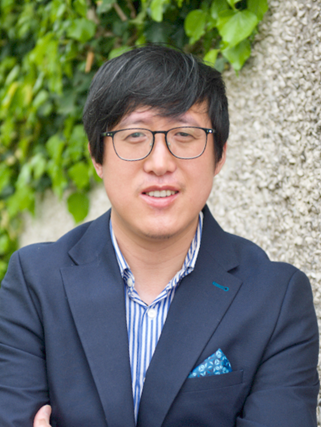
Dr Nan Zhang is an Associate Professor at University College Dublin (UCD), Ireland, specialising in polymer micro/nano manufacturing, microfluidic systems for genetic nanomedicine, and atomic-scale manufacturing. His work has been supported by H2020 MSCA ITN (as coordinator), EIC Pathfinder, and grants from Science Foundation Ireland and Enterprise Ireland. Dr Zhang has published over 100 papers, including 70 peer-reviewed articles in journals such as Materials Today, Nano Letters, and the International Journal of Machine Tool and Manufacture. He has chaired major international conferences (PRN2019, PRN2022, 2025 Microfluidic workshop on standardisation) and serves as Associate Editor of Frontiers in Lab-on-Chip Technologies and a Council Member & Secretary of the Microfluidic Association. He is the founding director of MiNAN Technologies and is commercialising a nanoformulation microfluidic platform. His work has earned multiple awards, including the University Research Impact Award (2022), NovaUCD Invention Award, and the IAAM Scientist Medal (2025).
Email: nan.zhang@ucd.ieResearch Fellows
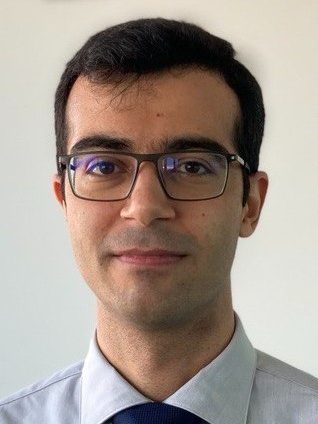
Amir Ardeshiri Lordejani joined Politecnico di Milano as a Junior Research Assistant in the Department of Mechanical Engineering in July 2023. Amir earned his PhD degree with honors, in Mechanical Engineering from Politecnico di Milano in March 2023. His doctoral dissertation, titled “Application of Cold Spray as an Additive Manufacturing and Repair Method,” was conducted under the supervision of Prof. Mario Guagliano and Prof. Sara Bagherifard. During his academic journey, he has gained expertise in diverse topics, including numerical simulation of displacement fields in cracked samples under mixed mode loading and their experimental analysis using DIC (Digital Image Correlation). Currently, Amir’s research focuses on advancing the capabilities of cold spray, particularly in developing the necessary toolsets to adapt it as an additive manufacturing method. He has developed multi-scale finite element models, semi-empirical numerical models, and has conducted extensive experiments for characterization and validation of the process’s capabilities, the results of all of which are published in various scientific journals.
Email: amir.ardeshiri@polimi.it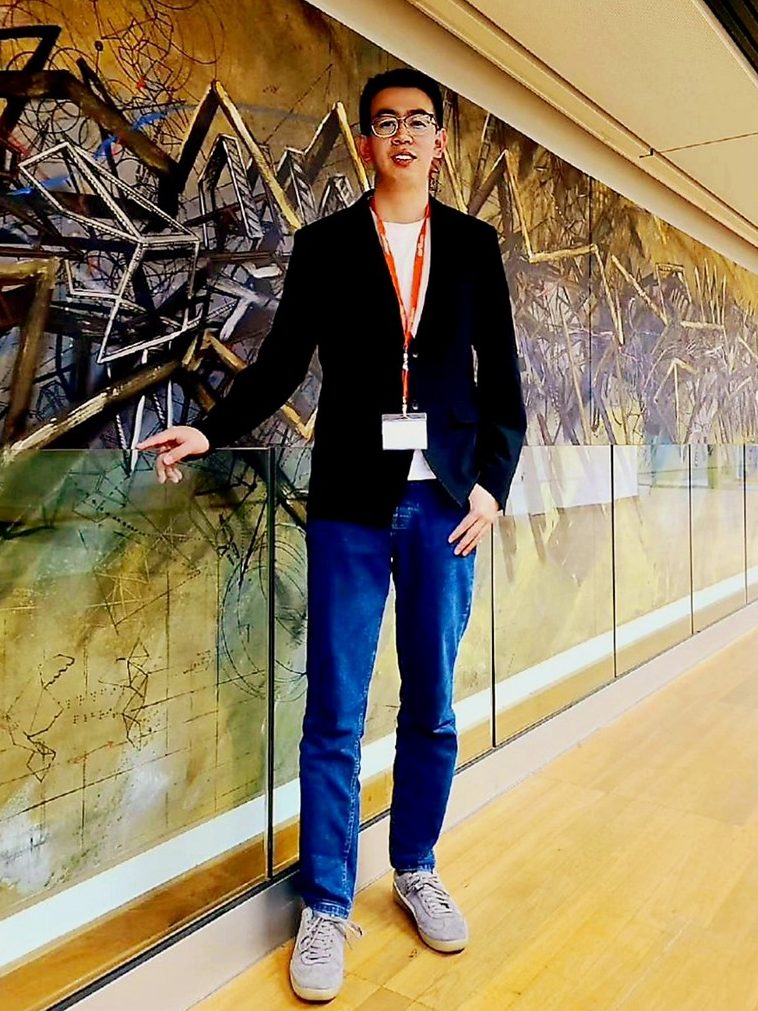
I hold a PhD degree from Trinity College Dublin (Ireland) and a master’s degree from Shandong University (China), specializing in solid-phase bonding mechanisms, metal and metallurgy, and dynamic recrystallization in solid-state welding and additive manufacturing processes like friction welding and cold spray. My research also includes multiscale simulation using Finite Element Analysis (FEA) and the Monte Carlo method.
I have authored publications in top materials science journals, like Acta Materialia and Materials Research Letters. I am also eager to collaborate with other researchers to enhance their research outcomes and expand my knowledge across different disciplines. I have co-authored several publications in Additive Manufacturing and the Journal of Materials Research and Technology
Email: yup1@tcd.ie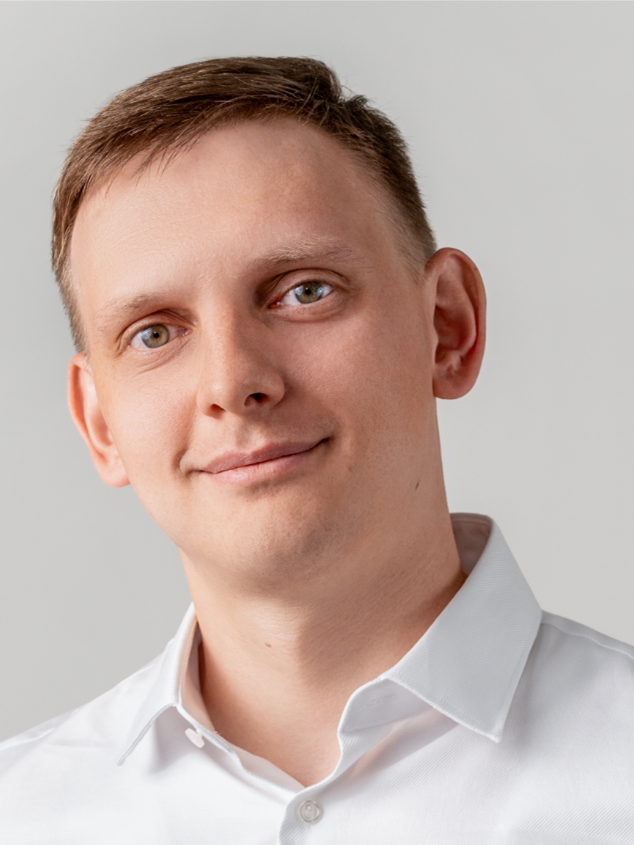
Institute: Center For Phyiscal Sciences And Technology
Dr. Valdemar Stankevič is a Senior Research Fellow at the Center for Physical Sciences and Technology (FTMC) in Lithuania. He earned his PhD in 2017 from Vilnius University and FTMC, with a specialization in the modification and etching of transparent materials using femtosecond laser pulses.
Since 2012, Dr. Stankevič has been actively engaged in research on transparent material modification, chemical etching, laser cutting, and ablation. His experimental work includes the formation of volumetric modifications in glass, fused silica, and sapphire for selective chemical etching and hidden marking applications. In recent years, he has contributed to the advancement of bottom-side laser glass cutting techniques and the development of industrial solutions for precision glass cutting. He has also gained expertise in surface ablation of sapphire using picosecond and femtosecond lasers and is currently working on volumetric modification technologies in fused silica for micro-optical element and PIC fabrication. Currently, he leads one ongoing scientific and/or industrial project and has been involved in a total of nine national and international research projects.
Email: valdemar.stankevic@ftmc.lt
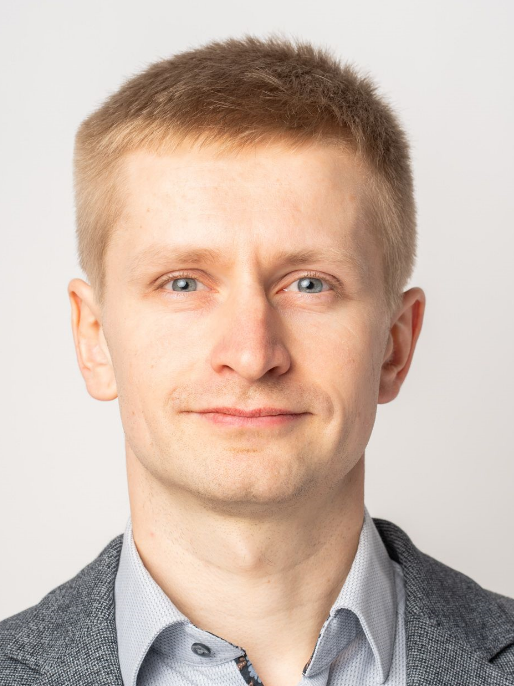
Dr. Juozas Dudutis is a research fellow at Laser Microfabrication Laboratory in Center for Physical Sciences and Technology (FTMC). He has been working in the field of laser material processing since 2012 and received his PhD in 2022 from Vilnius University/FTMC after defending his doctoral thesis “Volumetric modification and processing of transparent media by inducing cracks in the material with laser beams of various spatial structure”. Over these years, Dr. Juozas Dudutis has gained experience in ultrashort-laser ablation of materials, development of laser-based processing technologies of glass, laser beam shaping, optical beam propagation simulations, characterization of shaped laser beam profiles and laser-processed samples. He has developed extremely fast and efficient glass processing techniques employing bottom-up milling strategy and volumetric scribing with non-conventional laser beams.
Email: juozas.dudutis@ftmc.lt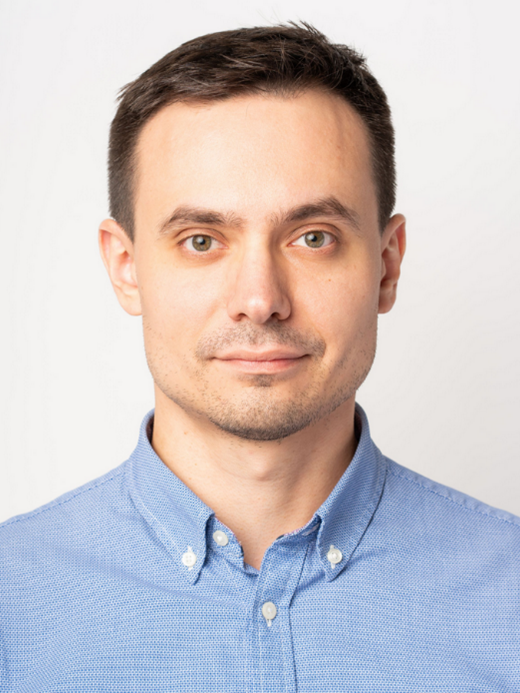
Dr. Edgaras Markauskas is a senior researcher at the Department of Laser Technologies at The Center for Physical Sciences and Technology (FTMC) in Lithuania. He earned a Bachelor’s degree in Nuclear Physics Energetics in 2012 and a Master’s degree in Laser Technologies in 2014. In 2019, he completed a joint PhD program at Vilnius University and FTMC, defending his dissertation on ultrashort laser micro-processing of thin-film solar cells. Edgaras has been involved in research and technological development in laser-based material processing since 2011. At FTMC, he has actively contributed to numerous research projects at both the national level (funded by the Research Council of Lithuania and Central Project Management Agency) and the international level (including EU Horizon and the EU FP7 programs). His current research focuses on laser-based optical and non-optical contact welding of transparent materials, efficient and high-precision laser cutting and milling, and laser-induced fabrication of quantum defects.
Email: edgaras.markauskas@ftmc.lt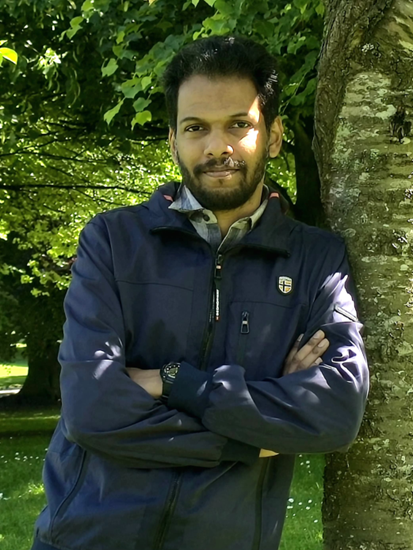
Dr. Rahul Antony is an engineer and researcher affiliated with School of Mechanical and Materials Engineering, University College Dublin, specializing in microfluidics, robotics, and data science. He holds a PhD focused on the design and development of microfluidic systems, reflecting his deep expertise in precision engineering and system integration. With a strong background in both academia and industry, Dr. Antony brings valuable experience in mechatronics and automation. His impactful research has earned him over 400 citations, underscoring his contributions to advancing technologies in fluid dynamics, intelligent systems, and interdisciplinary engineering.
Email: rahul.antony@ucd.iePhD Students

Monil Thakkar is a Ph.D Candidate in Mechanical Engineering Department at Politecnico di Milano.
He received his MSc in Mechanical Engineering at Politecnico di Milano in 2022 . His current PhD topic is Design and Developement of Solid-State Deposition using Electric Field.
Email: monilmihirbhai.thakkar@polimi.it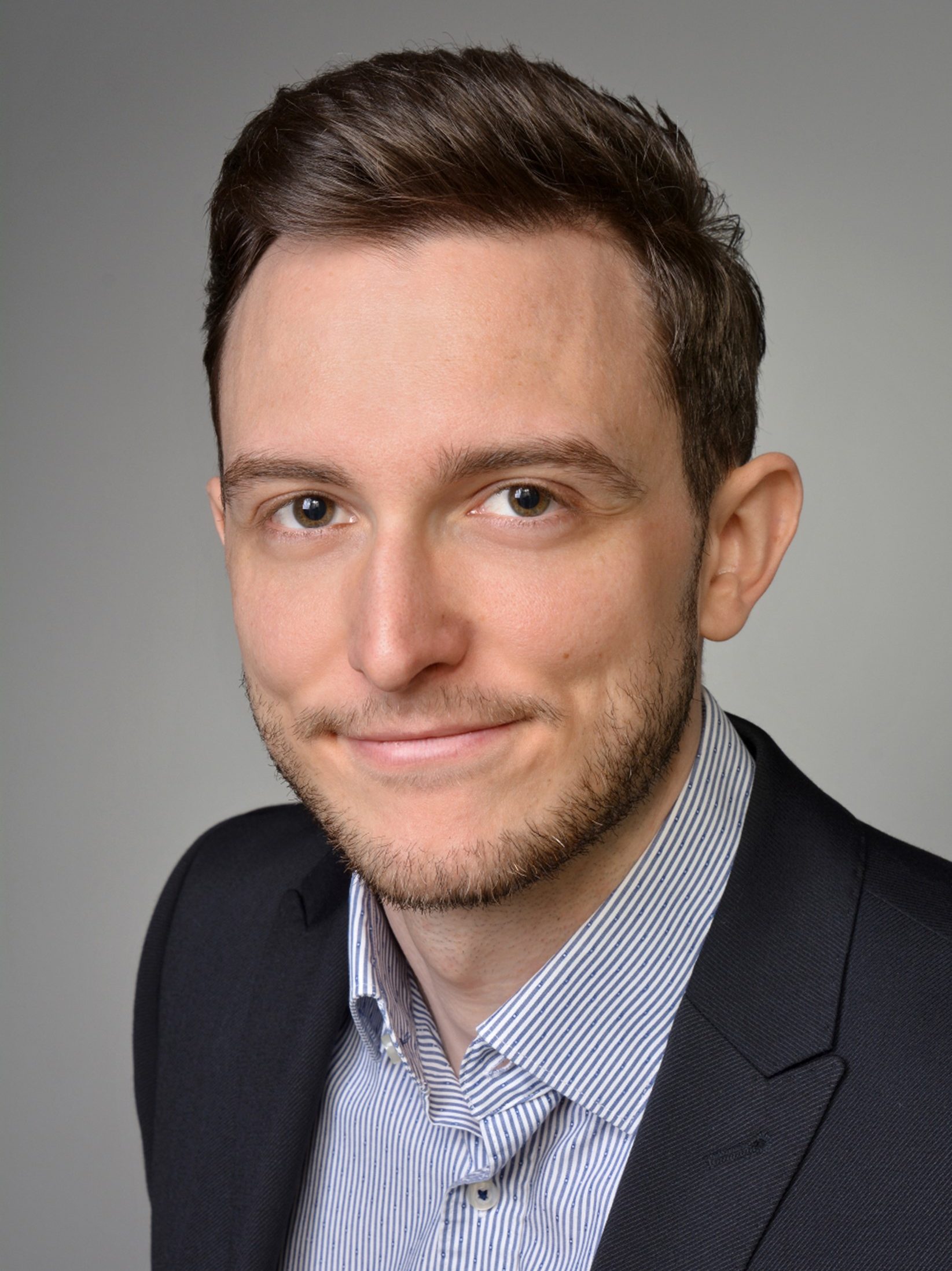
After obtaining his master’s degree in mechanical engineering, Marcel Bauer started as PhD candidate at the Institute of Space Systems at the University of Stuttgart. He works in the Cosmic Dust Group and develops a Linear Accelerator for accelerating micro- and nanoparticles to a user-defined speed range. Part of his work is the development of an FPGA-based embedded control system, a graphical user interface, high voltage circuitry as well as electrical field and particle simulations.
Email: mbauer@irs.uni-stuttgart.de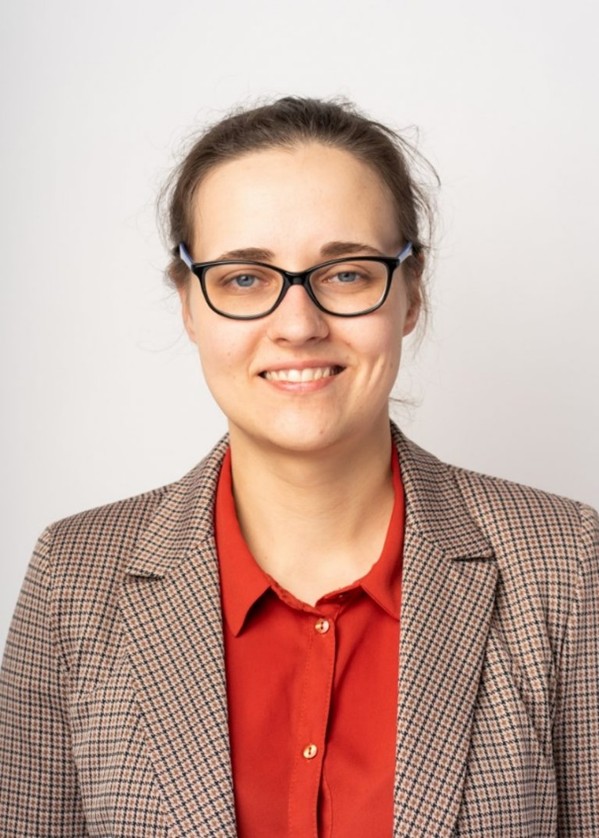
Institute: Center For Phyiscal Sciences And Technology
Miglė Mackevičiūtė is a Junior Research Fellow in the Laser Microfabrication Laboratory, Department of Laser Technologies at FTMC. She obtained her master’s degree in 2021, with the thesis “Investigation of glass rear side milling using laser”. She is currently pursuing doctoral studies on the topic “Efficient and fast glass cutting using laser bursts”.
Miglė Mackevičiūtė has been working in laser-based glass processing since 2018. Her research includes glass milling, cutting, scribing, and volumetric modification formation. In recent years, she has focused on the impact of the laser burst regime in laser processing.
Email: migle.mackeviciute@ftmc.lt

Institute: Center For Phyiscal Sciences And Technology
Laimis Zubauskas is a junior research fellow at the Center for Physical Science and Technology (FTMC). He started his joint PhD studies at FTMC and Vilnius University in 2021. The theme of his PhD studies is “Formation of 3D optical surfaces in transparent materials via laser milling technology”. Without PhD studies, Zubauskas participated as executor in several international projects.
Laimis Zubauskas is experienced in transparent and opaque materials microfabrication using top-down laser ablation techniques. His research interests focus on efficient materials ablation in ambient air and water-assisted conditions; high repetition rate (MHz, GHz) burst technologies for materials processing; precise laser ablation of glasses and semiconductors; quality improvement of laser processed parts.
Email: laimis.zubauskas@ftmc.lt
